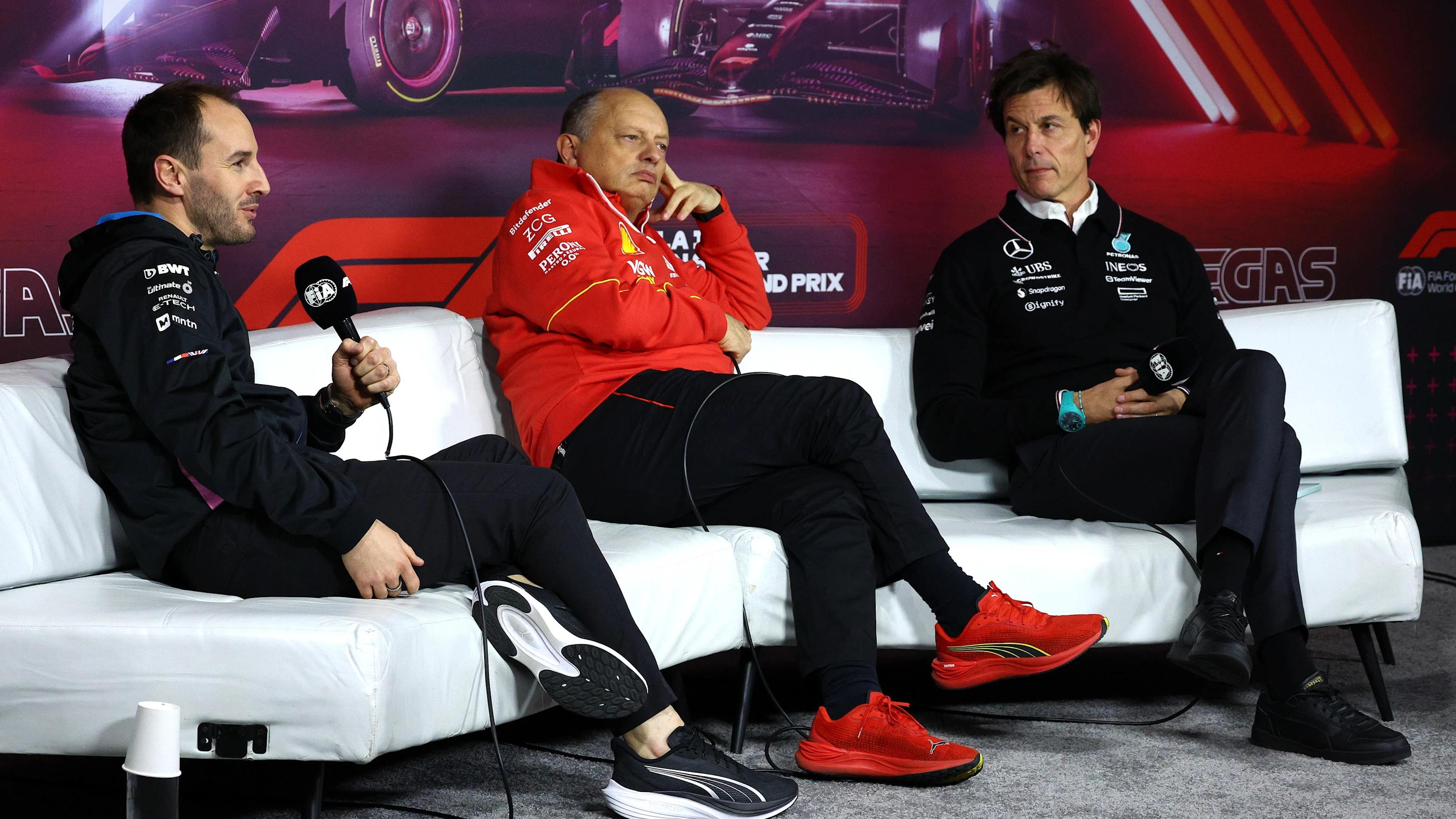The 2025 Canadian Grand Prix at Circuit Gilles Villeneuve has sparked a firestorm of controversy, with drivers and teams uniting in their call for significant changes to the FIA’s decision-making processes. The weekend, marked by George Russell’s victory for Mercedes, was overshadowed by a series of rulings and incidents that left the Formula 1 community questioning the consistency and fairness of the sport’s governing body. From questionable penalties to safety car infringements and steward controversies, the event has ignited a broader discussion about the need for reform in F1’s officiating structure.

The race itself was a dramatic affair, with Mercedes securing their first win of the 2025 season through Russell, who converted his pole position into a commanding victory. Max Verstappen of Red Bull finished second, while Kimi Antonelli, also of Mercedes, celebrated his first podium in third. However, the on-track action was marred by a collision between McLaren teammates Lando Norris and Oscar Piastri, which resulted in Norris receiving a five-second penalty. The incident, occurring under safety car conditions, saw Norris collide with Piastri, damaging his own car and forcing him to retire, though he was still classified as a finisher. The penalty, while not affecting his race result, sparked debate about the FIA’s consistency in handling intra-team clashes, especially given the championship implications for both drivers.

Further fueling discontent were the FIA’s decisions regarding safety car infringements. Seven drivers, including Piastri, Antonelli, Charles Leclerc, Esteban Ocon, Carlos Sainz, Pierre Gasly, and Lance Stroll, were investigated for overtaking after the chequered flag while safety car signals were still active due to Norris’s damaged car. The FIA issued warnings rather than penalties, citing the drivers’ awareness of the incident but emphasizing the need for caution under such conditions. While the decision was lenient, it was criticized for its ambiguity, as teams argued that clearer guidelines could have prevented the confusion. The FIA’s report noted that overtaking post-race is typically permissible but prohibited under safety car conditions, a rule that many felt was inconsistently enforced.
Another point of contention was the FIA’s handling of a late steward substitution. Derek Warwick, a respected steward, was suspended from his duties at the Canadian Grand Prix after making unauthorized comments to the media, distributed through a betting company’s PR agency. The FIA replaced him with Enrique Bernoldi, prompting backlash from figures like Sky Sports commentator Martin Brundle, who passionately defended Warwick’s integrity and contributions to motorsport. The incident highlighted a deeper issue within the FIA’s stewarding system, where unpaid volunteers sometimes face conflicts of interest. Critics argue that professionalizing the stewarding role could reduce such controversies and improve decision-making consistency.
Red Bull’s post-race protest against Russell, alleging erratic driving during the safety car period, was another flashpoint. The FIA dismissed the protest, with Sporting Director Tim Malyon explaining that periodic braking under safety car conditions is typical and that Russell’s actions did not constitute erratic driving. Mercedes team principal Toto Wolff called the protest “petty” and “embarrassing,” reflecting the growing tension between teams and the FIA. Red Bull’s frustration was compounded by their perception that the FIA’s rulings favored Mercedes, particularly after Russell’s earlier escape from punishment for cutting the escape road at Turn 14 during practice.

The Canadian Grand Prix also exposed ongoing concerns about the FIA’s 2025 racing guidelines, particularly around overtaking rules. Drivers like Verstappen have criticized the new rules, which require the overtaking car to have its front axle ahead at the apex, as “unnatural” and overly restrictive. These regulations, intended to clarify on-track battles, have instead led to confusion and inconsistent enforcement, as seen in Verstappen’s robust defense against McLaren in earlier races. Teams are now calling for a review of these guidelines to ensure they promote fair and competitive racing without stifling natural racing instincts.
The fallout from Montreal has prompted renewed discussions about the FIA’s governance. Team principals, including Ferrari’s Frédéric Vasseur and Williams’ James Vowles, have expressed frustration over the lack of consultation on key decisions, echoing past tensions such as the 2022 porpoising controversy and the 2023 calendar disputes. Drivers, too, are vocal, with figures like Leclerc and Hamilton previously highlighting the need for transparency and fairness. The FIA has promised further talks with teams to address these concerns, but the pressure is mounting for structural changes, including professional stewards and clearer rule enforcement.
As Formula 1 heads to the next race, the Canadian Grand Prix has left a lasting impact. The sport’s stakeholders are united in their demand for a more consistent and transparent FIA, one that can uphold the integrity of a fiercely competitive championship. Without meaningful reforms, the risk of further controversies looms large, threatening the trust of drivers, teams, and fans alike.





